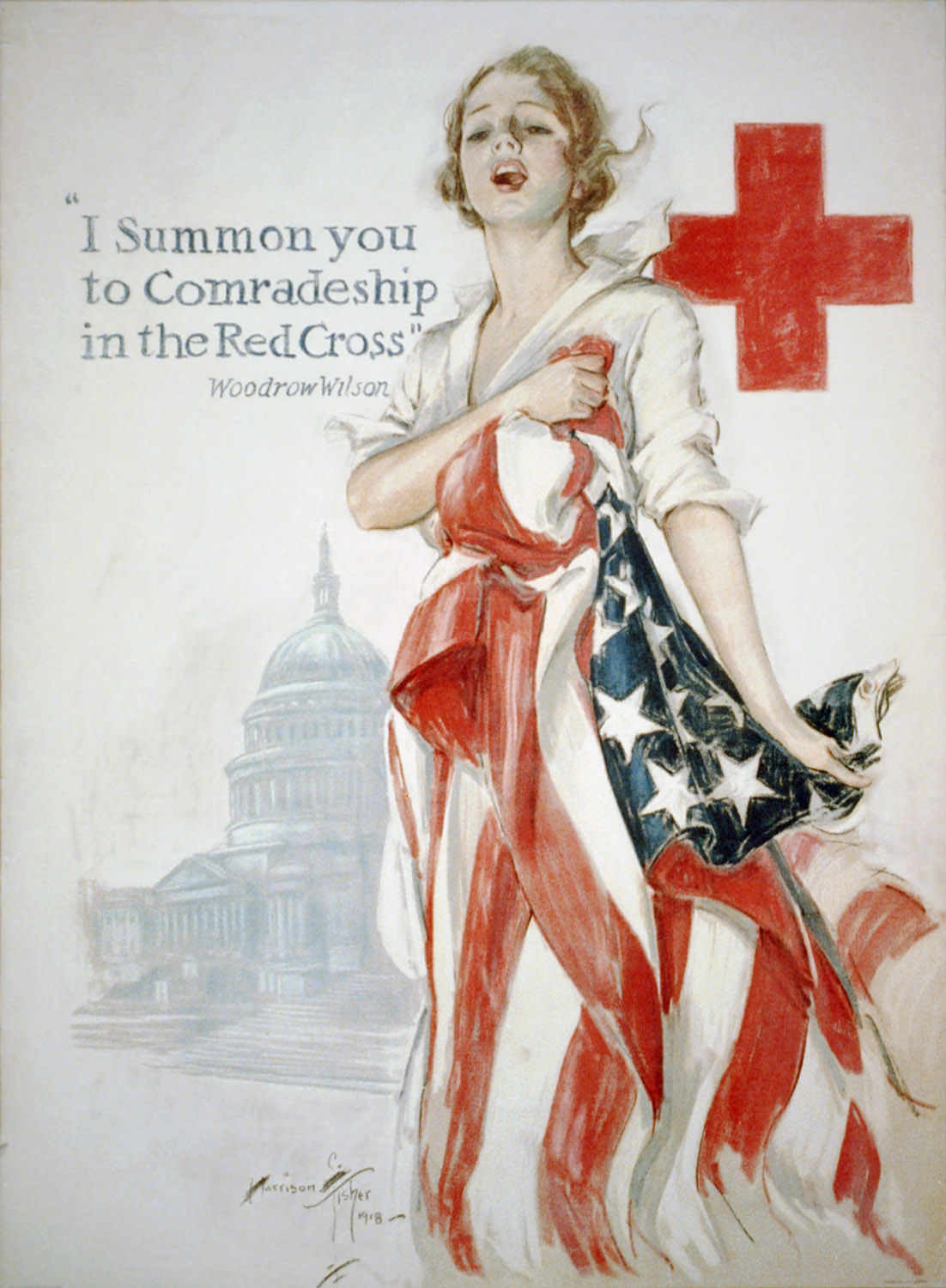|
Baneswar Saikia
Born in Nagaon, on 8 October 1931, Baneswar Saikia ( Assamese: বাণেশ্বৰ শইকীয়া) is an Indian communist politician. He belongs to Revolutionary Communist Party of India. He joined the party in 1947, when he was in the eighth standard. Baneswar Saikia is the son of Late Tularam Saikia and Late Sadari Saikia. He is a former lawyer, a former MLA, a retired professor of Anandaram Dhekial Phookan College of Nagaon, the first Head and the founder of the Department of Economics of the same college, a politician, a Marxist economist, a writer and a social worker. He is also a former State Secretary of Assam State Committee and a former General Secretary of RCPI. Baneswar Saikia is able to read, speak and write in Assamese, English and Bengali. He retired from ADP College in 1991. In May 2016, ADP College Retired Teachers Forum was formed. Professor Baneswar Saikia was elected as the adviser of the association. Professor Saikia was a student activist ... [...More Info...] [...Related Items...] OR: [Wikipedia] [Google] [Baidu] |
Comrade
The term ''comrade'' (russian: товарищ, tovarisch) generally means 'mate', 'colleague', or 'ally', and derives from the Spanish and Portuguese, term , literally meaning 'chamber mate', from Latin , meaning 'chamber' or 'room'. It may also specifically mean "fellow soldier". Political use of the term was inspired by the French Revolution, after which it grew into a form of address between socialists and workers. Since the Russian Revolution, popular culture in the Western world has often associated it with communism. Background Upon abolishing the titles of nobility in France, and the terms and (literally, 'my lord' and 'my lady'), the revolutionaries employed the term for men and for women (both meaning ' citizen') to refer to each other. The deposed King Louis XVI, for instance, was referred to as to emphasize his loss of privilege. When the socialist movement gained momentum in the mid-19th century, socialists elsewhere began to look for a similar egalitarian alt ... [...More Info...] [...Related Items...] OR: [Wikipedia] [Google] [Baidu] |
Communism
Communism (from Latin la, communis, lit=common, universal, label=none) is a far-left sociopolitical, philosophical, and economic ideology and current within the socialist movement whose goal is the establishment of a communist society, a socioeconomic order centered around common ownership of the means of production, distribution, and exchange which allocates products to everyone in the society.: "One widespread distinction was that socialism socialised production only while communism socialised production and consumption." Communist society also involves the absence of private property, social classes, money, and the state. Communists often seek a voluntary state of self-governance, but disagree on the means to this end. This reflects a distinction between a more libertarian approach of communization, revolutionary spontaneity, and workers' self-management, and a more vanguardist or communist party-driven approach through the development of a constitutional socialist st ... [...More Info...] [...Related Items...] OR: [Wikipedia] [Google] [Baidu] |
Marxian Economists
Marxian economics, or the Marxian school of economics, is a heterodox school of political economic thought. Its foundations can be traced back to Karl Marx's critique of political economy. However, unlike critics of political economy, Marxian economists tend to accept the concept of the economy prima facie. Marxian economics comprises several different theories and includes multiple schools of thought, which are sometimes opposed to each other; in many cases Marxian analysis is used to complement, or to supplement, other economic approaches. Because one does not necessarily have to be politically Marxist to be economically Marxian, the two adjectives coexist in usage, rather than being synonymous: They share a semantic field, while also allowing both connotative and denotative differences. Marxian economics concerns itself variously with the analysis of crisis in capitalism, the role and distribution of the surplus product and surplus value in various types of economic system ... [...More Info...] [...Related Items...] OR: [Wikipedia] [Google] [Baidu] |
Assam Politicians
Assam (; ) is a state in northeastern India, south of the eastern Himalayas along the Brahmaputra and Barak River valleys. Assam covers an area of . The state is bordered by Bhutan and Arunachal Pradesh to the north; Nagaland and Manipur to the east; Meghalaya, Tripura, Mizoram and Bangladesh to the south; and West Bengal to the west via the Siliguri Corridor, a wide strip of land that connects the state to the rest of India. Assamese and Boro are the official languages of Assam, while Bengali is an additional official language in the Barak Valley. Assam is known for Assam tea and Assam silk. The state was the first site for oil drilling in Asia. Assam is home to the one-horned Indian rhinoceros, along with the wild water buffalo, pygmy hog, tiger and various species of Asiatic birds, and provides one of the last wild habitats for the Asian elephant. The Assamese economy is aided by wildlife tourism to Kaziranga National Park and Manas National Park, which are World Heritag ... [...More Info...] [...Related Items...] OR: [Wikipedia] [Google] [Baidu] |
1931 Births
Events January * January 2 – South Dakota native Ernest Lawrence invents the cyclotron, used to accelerate particles to study nuclear physics. * January 4 – German pilot Elly Beinhorn begins her flight to Africa. * January 22 – Sir Isaac Isaacs is sworn in as the first Australian-born Governor-General of Australia. * January 25 – Mohandas Gandhi is again released from imprisonment in India. * January 27 – Pierre Laval forms a government in France. February * February 4 – Soviet leader Joseph Stalin gives a speech calling for rapid industrialization, arguing that only strong industrialized countries will win wars, while "weak" nations are "beaten". Stalin states: "We are fifty or a hundred years behind the advanced countries. We must make good this distance in ten years. Either we do it, or they will crush us." The first five-year plan in the Soviet Union is intensified, for the industrialization and collectivization of agriculture. * February 10 – Official ... [...More Info...] [...Related Items...] OR: [Wikipedia] [Google] [Baidu] |


